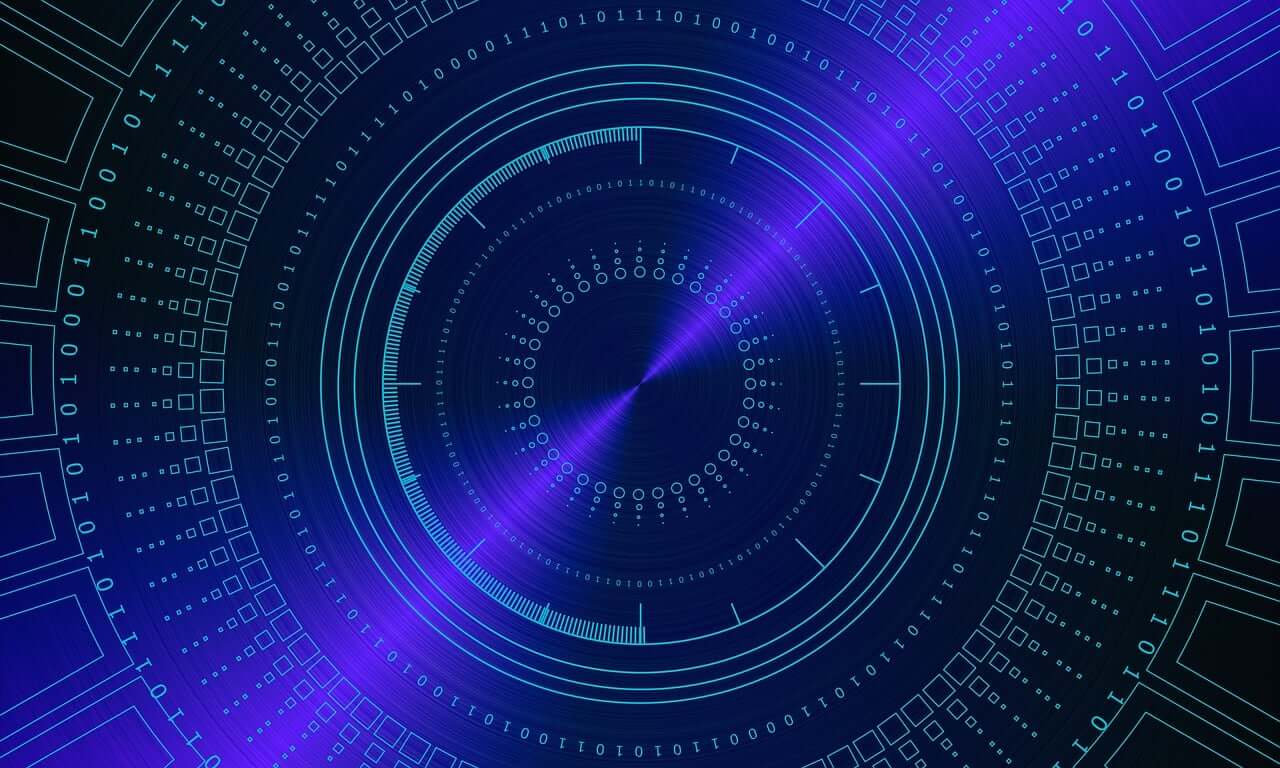问题:使用strftime将python datetime转换为纪元
我在UTC有一个时间,我想要从纪元开始经过的秒数。
我正在使用strftime将其转换为秒数。以2012年4月1日为例。
>>>datetime.datetime(2012,04,01,0,0).strftime('%s')
'1333234800'
从纪元开始的UTC时间为2012年4月1日,但以上返回1333234800,相差1小时。
因此,看来strftime正在考虑我的系统时间,并在某处应用了时区偏移。我以为日期时间纯粹是天真的?
我该如何解决?如果可能,除非标准,否则避免导入其他库。(我有可移植性问题)。
回答 0
如果要将python日期时间转换为自纪元以来的秒数,则可以明确地执行以下操作:
>>> (datetime.datetime(2012,04,01,0,0) - datetime.datetime(1970,1,1)).total_seconds()
1333238400.0
在Python 3.3+中,您可以timestamp()改用:
>>> datetime.datetime(2012,4,1,0,0).timestamp()
1333234800.0
为什么不应该使用 datetime.strftime('%s')
Python实际上并不支持%s作为strftime的参数(如果您不在http://docs.python.org/library/datetime.html#strftime-and-strptime-behavior中查看,则不在列表中),唯一之所以起作用,是因为Python会将信息传递到使用本地时区的系统的strftime中。
>>> datetime.datetime(2012,04,01,0,0).strftime('%s')
'1333234800'
回答 1
我在时区等方面遇到了严重问题。Python处理所有事情的方式(对我而言)非常令人困惑。事情似乎使用日历模块(参见链接被精细工作1,2,3和4)。
>>> import datetime
>>> import calendar
>>> aprilFirst=datetime.datetime(2012, 04, 01, 0, 0)
>>> calendar.timegm(aprilFirst.timetuple())
1333238400
回答 2
import time
from datetime import datetime
now = datetime.now()
time.mktime(now.timetuple())
回答 3
import time
from datetime import datetime
now = datetime.now()
# same as above except keeps microseconds
time.mktime(now.timetuple()) + now.microsecond * 1e-6
(对不起,它不会让我对现有答案发表评论)
回答 4
如果您只需要使用unix / epoch时间的时间戳,则此行可以工作:
created_timestamp = int((datetime.datetime.now() - datetime.datetime(1970,1,1)).total_seconds())
>>> created_timestamp
1522942073L
并且仅取决于datetime
python2和python3中的作品
回答 5
这适用于Python 2和3:
>>> import time
>>> import calendar
>>> calendar.timegm(time.gmtime())
1504917998
仅遵循官方文档… https://docs.python.org/2/library/time.html#module-time
回答 6
对于明确的时区独立解决方案,请使用pytz库。
import datetime
import pytz
pytz.utc.localize(datetime.datetime(2012,4,1,0,0), is_dst=False).timestamp()输出(浮动):1333238400.0
回答 7
在Python 3.7中
以date.isoformat()和datetime.isoformat()发出的格式之一返回与date_string对应的datetime。具体来说,此函数支持格式为YYYY-MM-DD [* HH [:MM [:SS [.fff [fff]]]] [+ HH:MM [:SS [.ffffff]]]]的字符串,其中*可以匹配任何单个字符。
https://docs.python.org/3/library/datetime.html#datetime.datetime.fromisoformat
